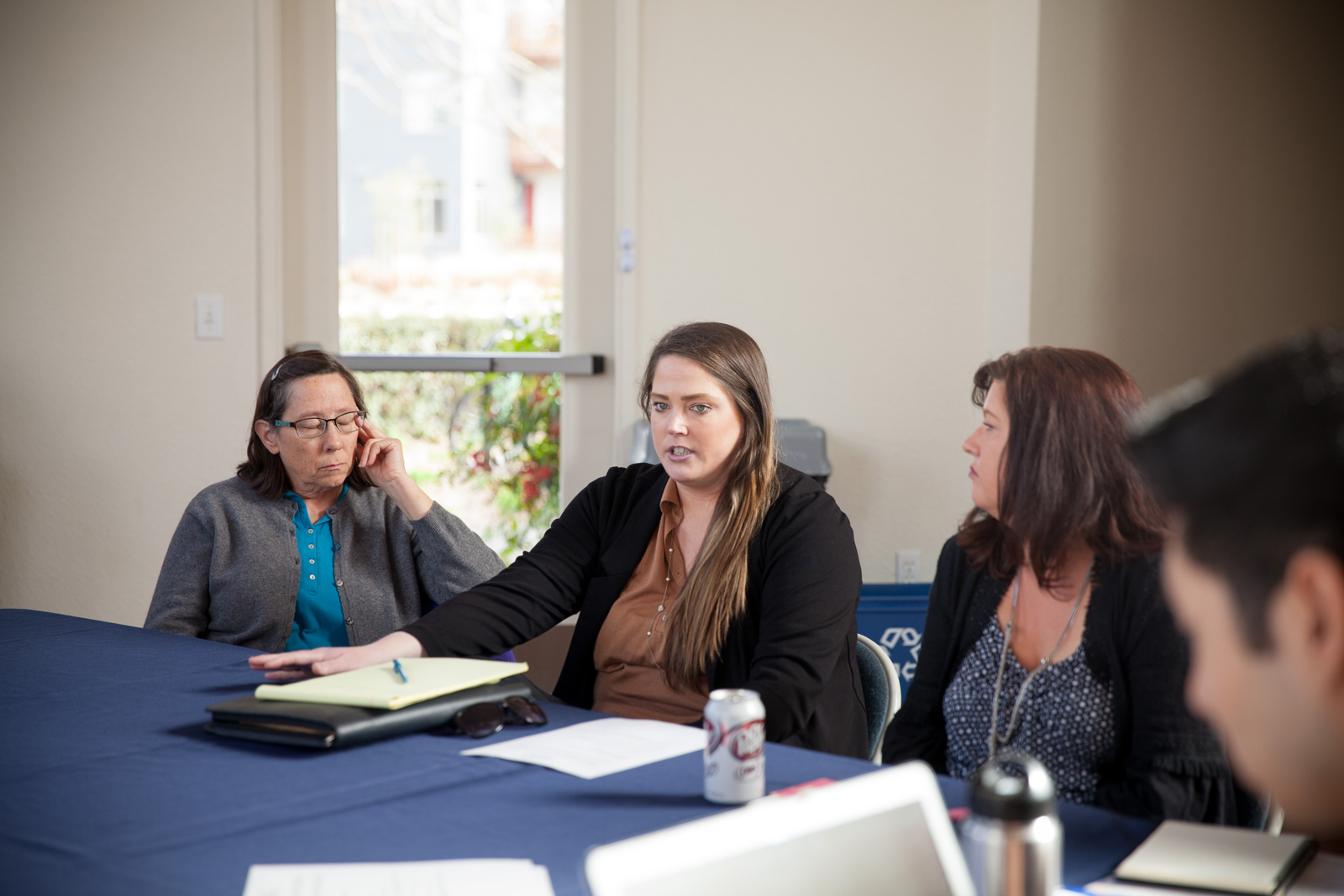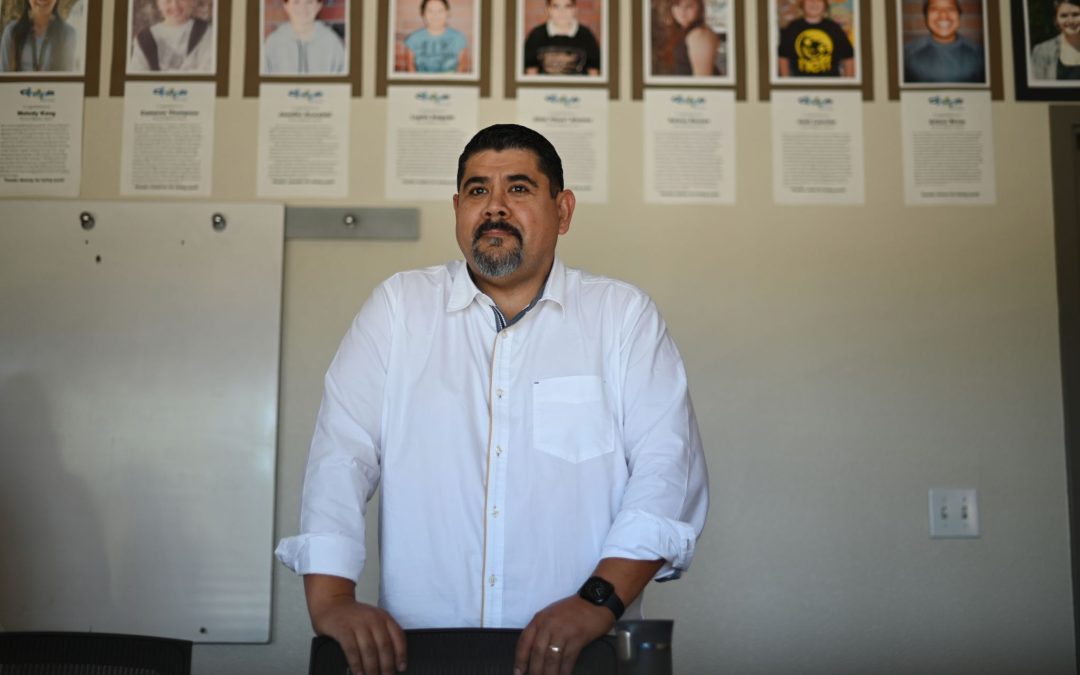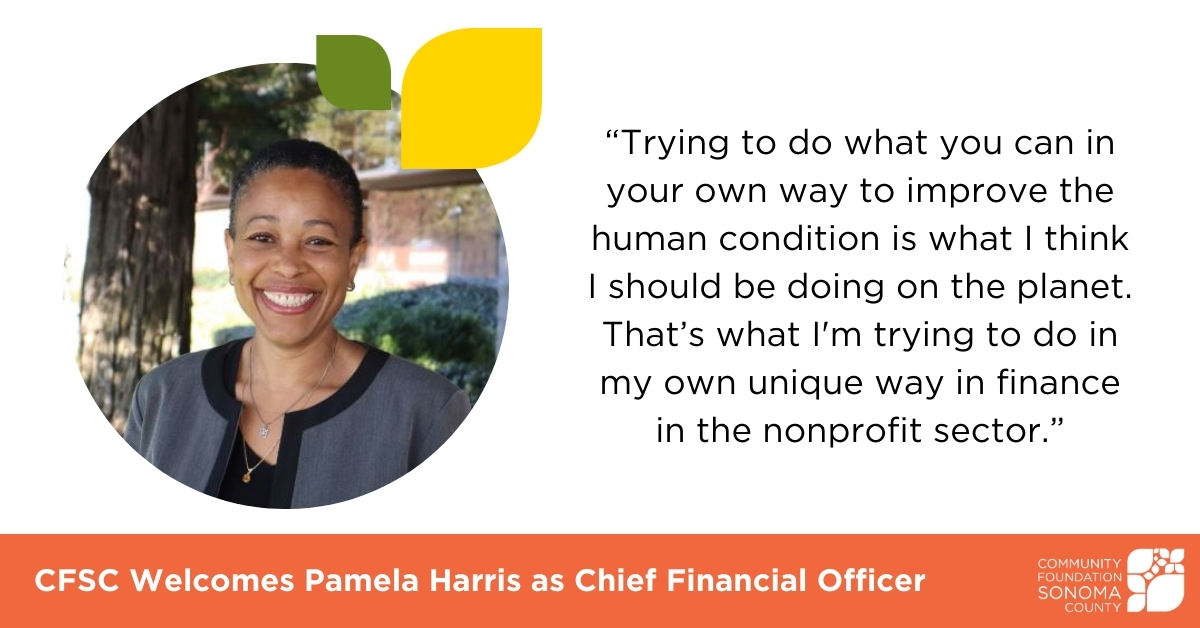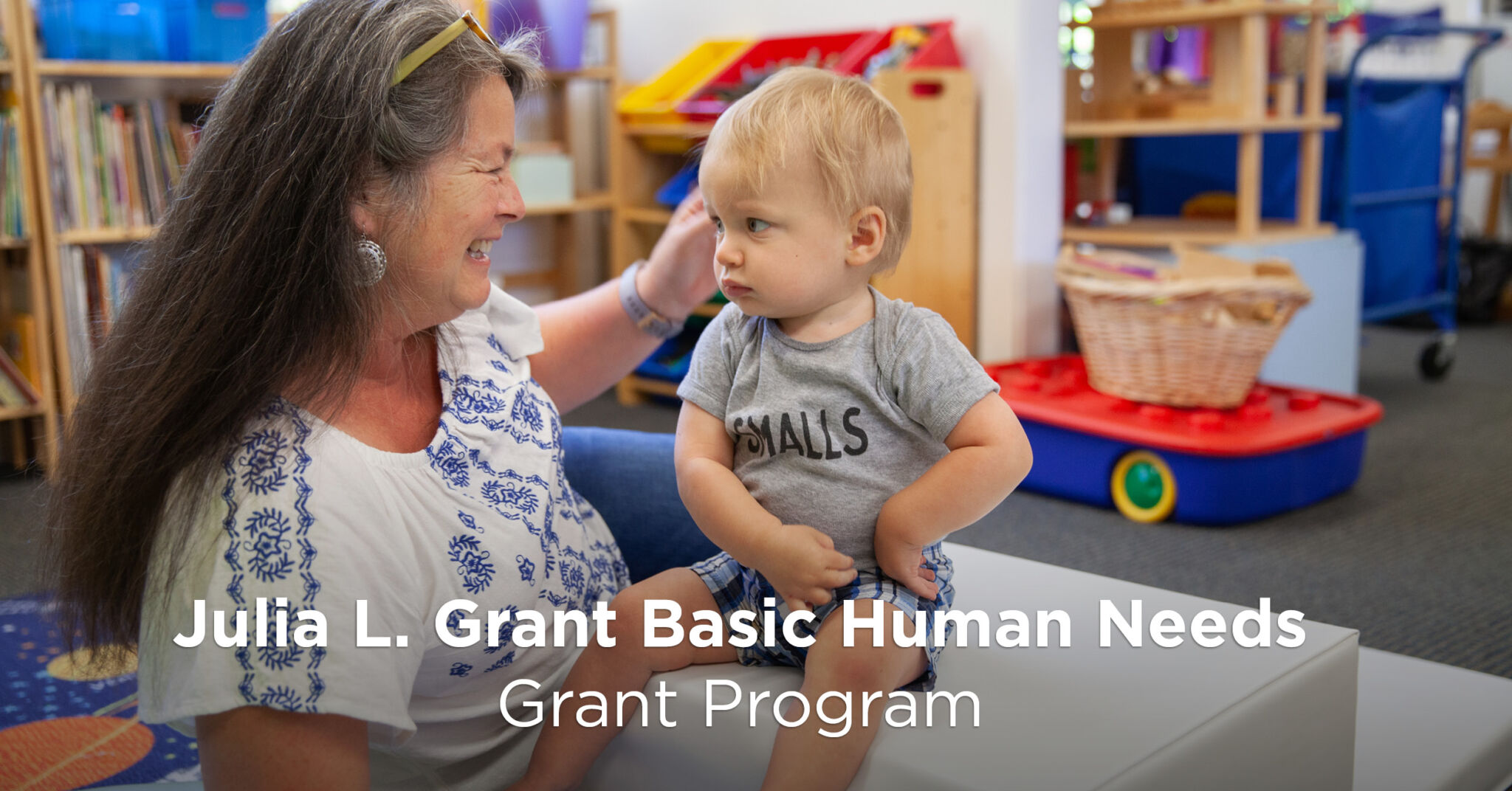Over the past 15 months, Legal Aid of Sonoma County has been instrumental in helping thousands of fire survivors navigate the complex legal issues related to their recovery. They have done this work, thanks in part, to a grant from our Resilience Fund, which allowed Legal Aid to fund a staff lawyer position dedicated to supporting fire survivors with their recovery.
To date, Legal Aid’s advocacy has helped over 3,000 fire survivors and yielded over $4.5 million in funds from government aid and insurance companies for their clients.
Directly after the fires, lawyers from Legal Aid began to fight against price gouging, helping clients at risk of losing their homes to landlords trying to take advantage of the housing crisis by raising rents illegally. Legal Aid stepped in to help a senior, who had lost her home at Journey’s End but had found a camper to move into. Her new landlord tried to double her rent shortly after she moved in and the advocacy Legal Aid provided meant that she was able to continue to afford her new living situation.
For many clients who lost their homes in the fires, applying for emergency aid from FEMA proved to be incredibly complicated, with forms and verification documents required at every step. In many cases verification of residency was difficult for people who lost paperwork in the fire, or whose landlords had never provided any.
In one case, Legal Aid worked with a client who had been living in his car for nine months after the fire, and had struggled to get any support from FEMA. Their advocacy helped get his application approved and the disaster assistance he received from FEMA covered his deposit and first month’s rent in a new apartment.
Ronit Rubinoff, executive director, explains the sometimes frustrating roller-coaster of denials and rejections their clients face. “Many of our clients were initially denied FEMA aid, and didn’t know that being deemed ineligible isn’t the end of the story,” Ronit points out. “In many cases it just means that the paperwork they filed wasn’t sufficient the first time, or that something was lost.”
Navigating the complexities of government aid and private insurance benefit recovery can feel like a full time job. For many of Legal Aid’s clients, it is an unexpected burden on top of the emotional, physical, and financial toll of loss.
Kendall Jarvis, a staff lawyer, has helped over 150 clients to date, and currently represents over 30 clients who had lived at Journey’s End. The residents of Journey’s End have faced a peculiar form of hardship.
While 117 of the 161 homes at Journey’s End burned down in the fire, 44 remained standing. However, the property suffered damage to its electrical, gas and water supplies and was red-tagged by the city as unlivable shortly after the fires. With their homes still standing, but unlivable, the residents of those 44 homes were caught in the worst kind of bureaucratic limbo: insurance companies refused to pay for a home still standing, and FEMA denied aid for the same reason. In addition, the property is currently being sold with no plans to reopen.
This bizarre circumstance is proving heartbreaking. Journey’s End was a tightknit community and many residents are seniors, living on fixed incomes. The survivors have faced economic and emotional hardships; ten of the former residents have died in the months since losing their home in the fire. For many, recovery still feels a long way off. For Kendall, fighting for her clients to receive a fair settlement is a matter of life and death. “These are people who have heard no so many times. Our goal is to get the residents to be financially whole. We’re not going to give up on them.”
Learn more about Legal Aid’s work by visiting www.legalaidsc.org.








